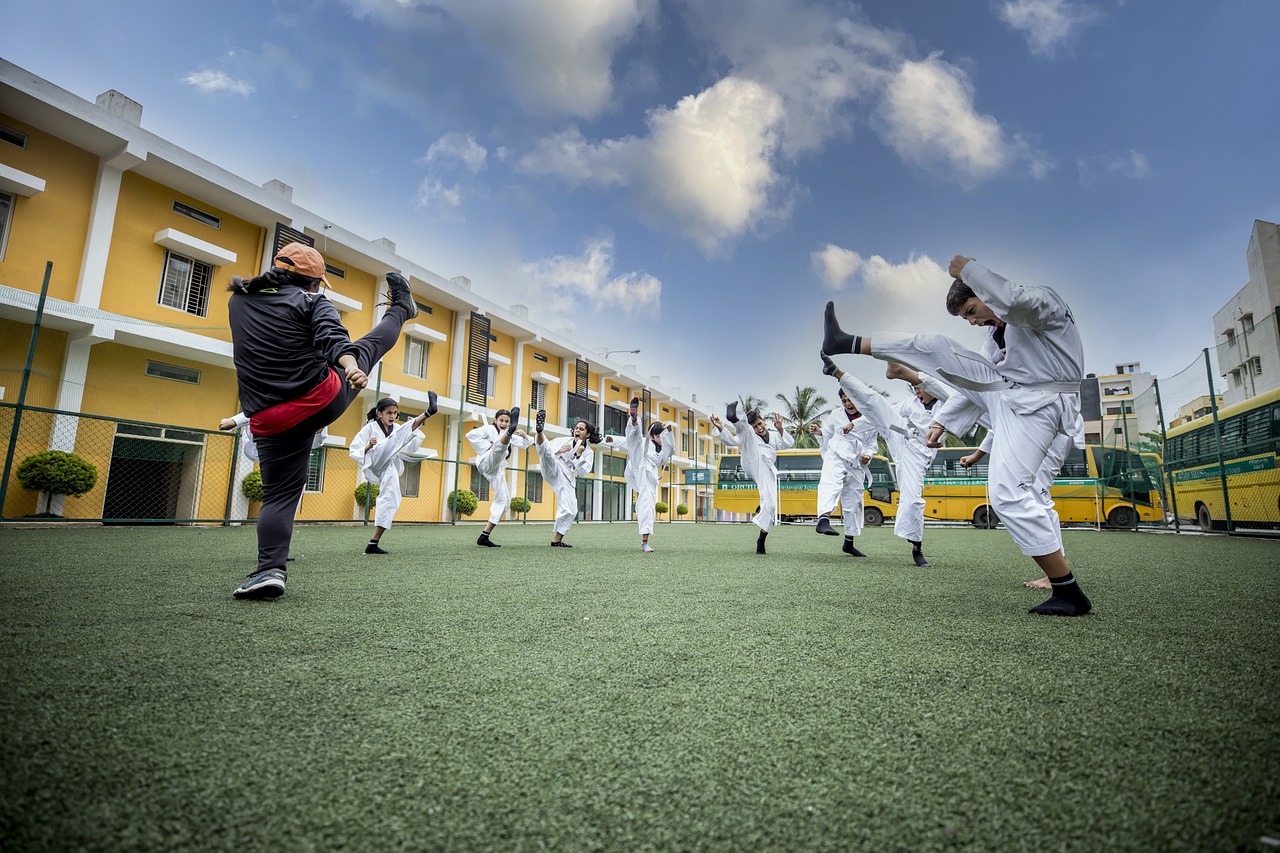It's essential to strike a balance between extracurricular activities and the child's academic commitments. Overloading a child with too many activities can lead to stress, exhaustion, and a lack of time for rest and relaxation. Assess the child's schedule and ensure they have enough time for schoolwork, hobbies, socializing, and family time.
Table of contents [Show]
Quality over Quantity:
Rather than focusing on the number of activities, it is more important to prioritize quality. Encourage your child to engage in activities that they are genuinely interested in and passionate about. A few well-chosen activities that allow for deep engagement and skill development are more valuable than participating in numerous activities without dedication.
Consider Time and Energy Constraints:
Take into account the practical aspects such as the time and energy required for each activity. Some activities may have extensive time commitments, frequent practice sessions, or require travel. Assess whether the child can manage the workload and still have time for adequate rest and relaxation.
Age and Developmental Stage:
Younger children may benefit from exploring a variety of activities to discover their interests, whereas older children may choose to focus on a few activities that align with their long-term goals or areas of passion.
Personalization and Individual Needs:
Consider the child's individual needs and preferences when deciding on the number of activities. Some children may thrive with multiple activities, while others may prefer to concentrate on one or two pursuits.
Regular Assessment and Feedback:
Continuously assess how the child is managing their commitments and evaluate their level of interest, progress, and well-being. Seek feedback from the child, teachers, and coaches to ensure they are not overwhelmed and are still enjoying their chosen activities.
Ultimately, the focus should be on providing a well-rounded and enriching experience for the child. It's crucial to maintain a healthy balance between extracurricular activities, academics, and personal time to support the child's holistic development and well-being. Keep in mind that the child's well-being and happiness should be the guiding factors in determining the number of activities they participate in.








